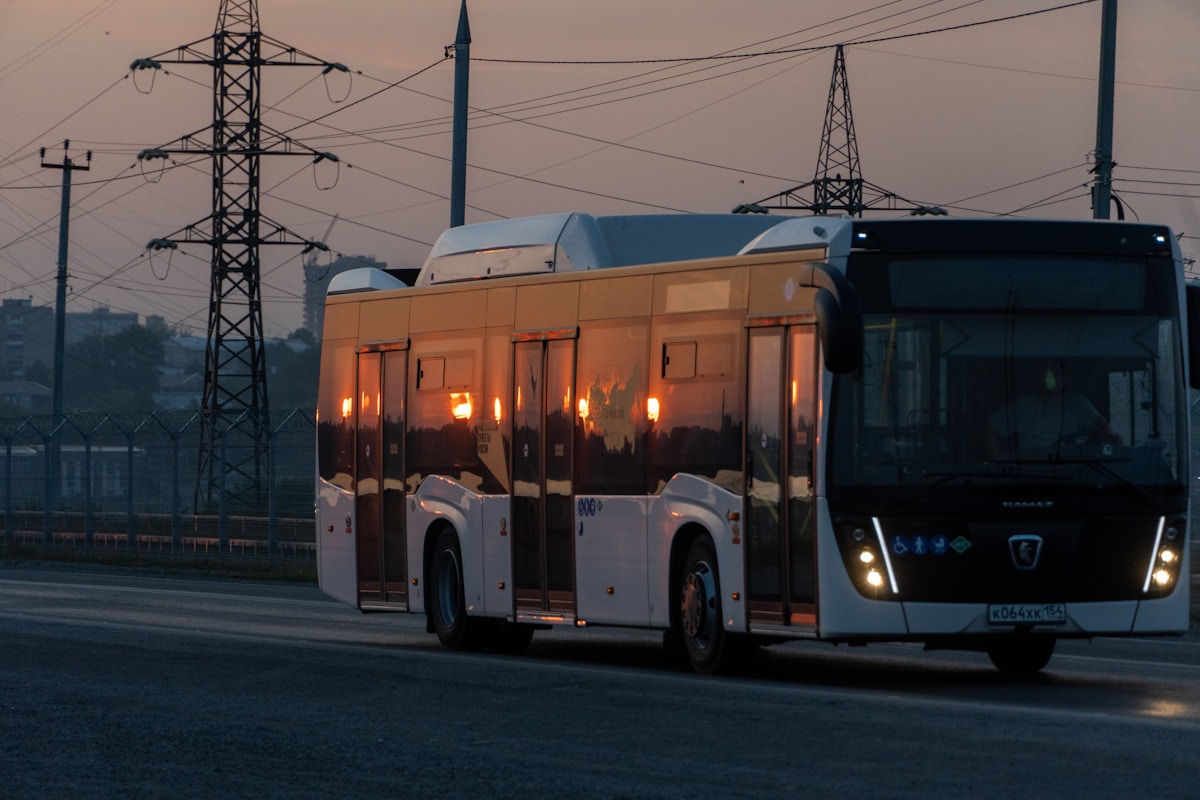Back to Industry News
General
Kinnarps Shifts to HVO100 Fuel, Slashing Transport Emissions
Summary generated with AI, editor-reviewed
Heartspace News Desk
•Source: Dagens industri

Photo by Aleksei Shabalin on Unsplash
Stay updated on stories like this
Key takeaways
- Kinnarps, a leading European workplace solutions provider, is significantly reducing its environmental impact by transitioning its freight transport fleet to Preem's Svanen-labeled HVO100 fuel
- This strategic shift is a cornerstone of Kinnarps' sustainability strategy, which focuses on producing durable products with minimal environmental footprints
- The company has set ambitious targets: to halve its greenhouse gas emissions by 2030, compared to a 2019 baseline, and achieve net-zero emissions by 2050
Kinnarps, a leading European workplace solutions provider, is significantly reducing its environmental impact by transitioning its freight transport fleet to Preem's Svanen-labeled HVO100 fuel. This strategic shift is a cornerstone of Kinnarps' sustainability strategy, which focuses on producing durable products with minimal environmental footprints. The company has set ambitious targets: to halve its greenhouse gas emissions by 2030, compared to a 2019 baseline, and achieve net-zero emissions by 2050. Kinnarps has already demonstrated considerable progress, reporting a 46 percent reduction in emissions, indicating it is on track to meet its 2030 target.
The adoption of Preem Redefine HVO100 marks an advancement from previous renewable fuels, as this new fuel achieves over a 90 percent reduction in greenhouse gas emissions compared to conventional diesel. This specific change is expected to further reduce Kinnarps' transport emissions by an additional 17 percent. Daniel Granquist, Business Developer at Preem, noted that the Svanen label guarantees customers that the fuel is palm oil-free and its derivatives, as it is primarily derived from residual products at Preem's Gothenburg refinery. This initiative not only lowers Kinnarps' direct climate impact but also supports its customers in reducing their own carbon footprints.
Johanna Ljunggren, Kinnarps' Corporate Sustainability Manager, underscored the company's dedication to minimizing its overall environmental footprint. The transition to HVO100 is a tangible step towards achieving ambitious climate goals and exemplifies a proactive approach to corporate environmental responsibility.
Related Topics
KinnarpsSustainabilityHVO100PreemEmissions ReductionCorporate SustainabilityBiofuels
Never miss stories like this